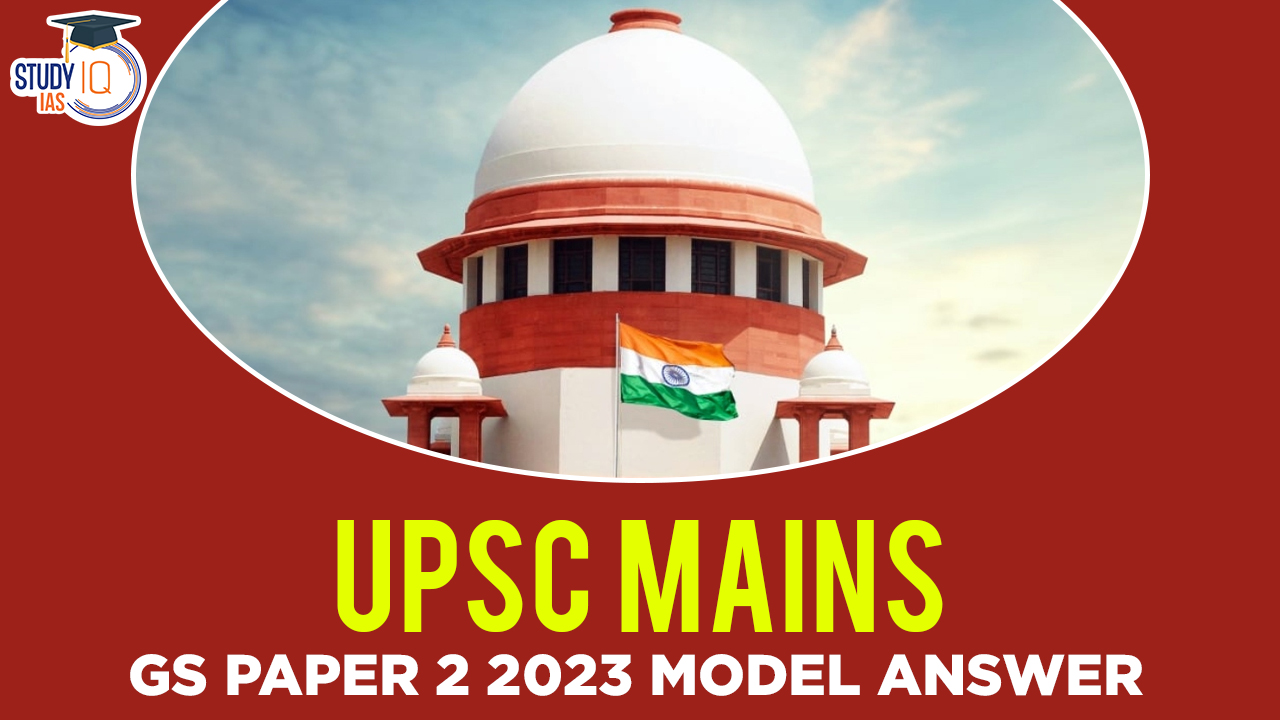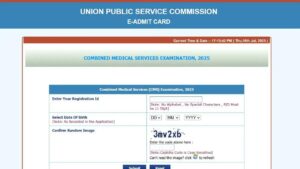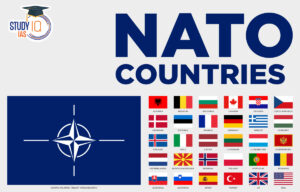Q2. Who are entitled to receive free legal aid? Assess the role of the National Legal Services Authority(NALSA) in rendering free legal aid in India. (10m) – Indian Polity
Introduction
Article-39 A of the Constitution provides for free legal aid for all. It envisages a legal system that ensures justice irrespective of any social and economic disparities. To uphold these values of equality and justice, the Legal Services Authorities Act,1987 was passed which resulted in the establishment of the National Legal Services Authority (NALSA).
Body
Eligibility for entitlement of Free Legal Aid
Under Legal Services Authority Act, 1987 following categories of individuals are entitled to free legal aid:
- A member of Scheduled Caste or Scheduled Tribes
- A victim of human trafficking or begar
- A women or a child
- A mentally ill or otherwise disabled person
- A person in custody, including custody in a protective home.
- A juvenile in juvenile home
- An individual who has an annual; income less than the amount prescribed by the respective Government.
In providing free legal assistance to the above category of individuals, NALSA has played a significant role since its inception.
Role of NALSA in rendering free legal aid in India
- For prisoners and undertrials: Legal aid counsel is provided in most of the courts for immediate legal assistance. For legal awareness among prisoners Haq Hamara bhi to hai campaign was recently launched by NALSA.
- For Gender Justice: E.g. Assistance to women in cases of domestic violence during lockdown (National Legal Aid Helpline-15100), legal services for transgender rights (NALSA Judgement).
- For senior citizens: As per Annual Report of NALSA, nearly 1,04,084 senior citizens were assisted through legal services in 2020.
- Accessibility of legal aid: Amicable dispute resolution through Lok Adalats,DISHA (designing Innovative Solutions for Holistic Access to Justice), e-lok adalats,Legal Services Mobile Apps, Legal Aid clinics.
- Legal Awareness : Through legal literacy programmes,school legal literacy clubs, inclusion of para-legal volunteers at local level,Nyayadeep (the official newsletter of NALSA )for sharting views and ideas.
Challenges faced by NALSA in ensuring Free Legal aid for all:
- Lack of acceptability of Alternate Dispute Resolution: As highlighted by former CJI, the Legal Services Authority handle just 1% of the litigation.
-
- Low awareness: Majority of poor and illiterate people are unaware of the basic constitutional and legal rights.
- Inadequate powers to Lok Adalats: No specific powers to penalise parties for non-compliance, limited powers compared to civil courts.
- Underutilization of para-legal volunteers: Lack of proper training and capacity building, monitoring and accountability measures.
- Support from advocates and lawyers: Lack of interest in pro-bono cases.
Conclusion 1
- Alternative Dispute Resolution: NALSA encourages the use of alternative dispute resolution mechanisms, such as mediation and conciliation, to resolve disputes outside the courtroom. This offers quicker and more cost-effective solutions.
- Enhancing accessibility to Justice: State Legal Services Authorities (SLSAs) and District Legal Services Authorities (DLSAs) at the state and district levels, ensuring wide coverage and accessibility.
Conclusion 2
Despite the persistent efforts of NALSA in providing free legal services to marginalized communities, for a large number of unprivileged communities justice is still a distant dream. Collaborative approach of government institutions and civil society will help in bridging this gap.
Check out the UPSC Mains GS Paper 2 2023 Analysis with detailed expatiation of the topics of Mains GS Paper 2 By the Study IQ Experts


 UPSC CMS Admit Card 2025 Out: Download L...
UPSC CMS Admit Card 2025 Out: Download L...
 UPSC Study Material for Prelims & Ma...
UPSC Study Material for Prelims & Ma...
 NATO Countries List 2025, Members, Funct...
NATO Countries List 2025, Members, Funct...





















